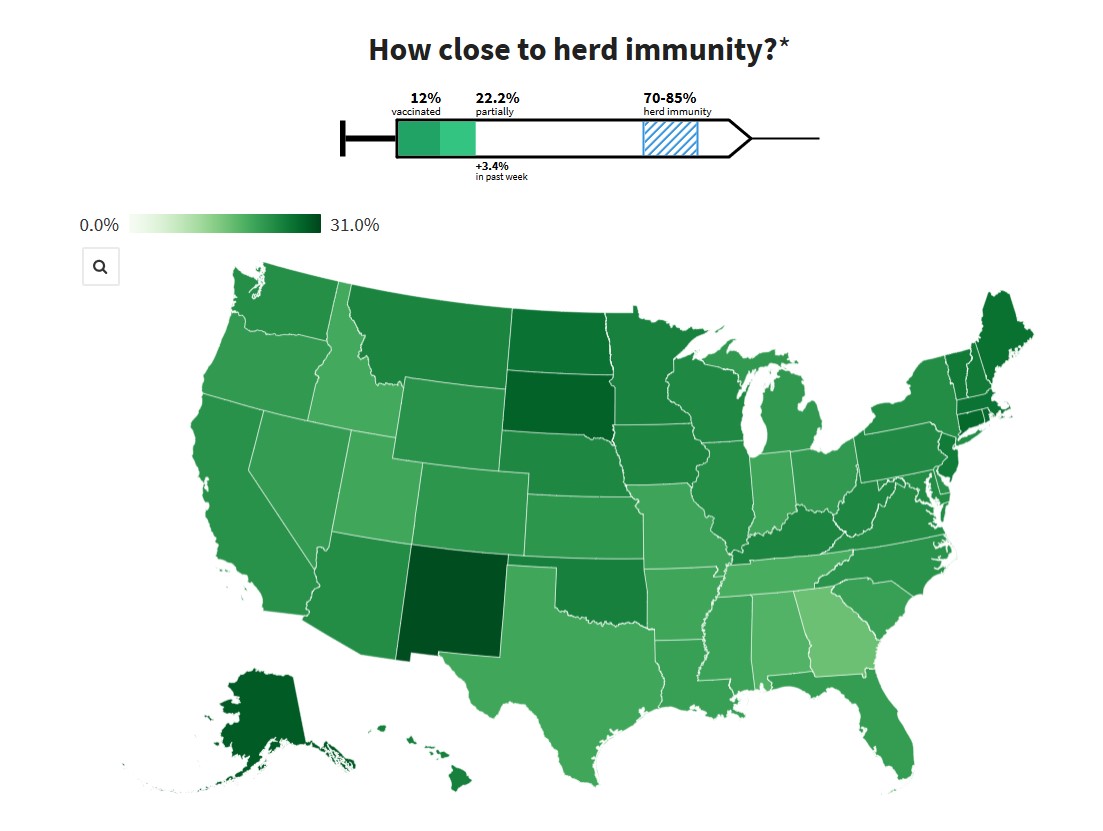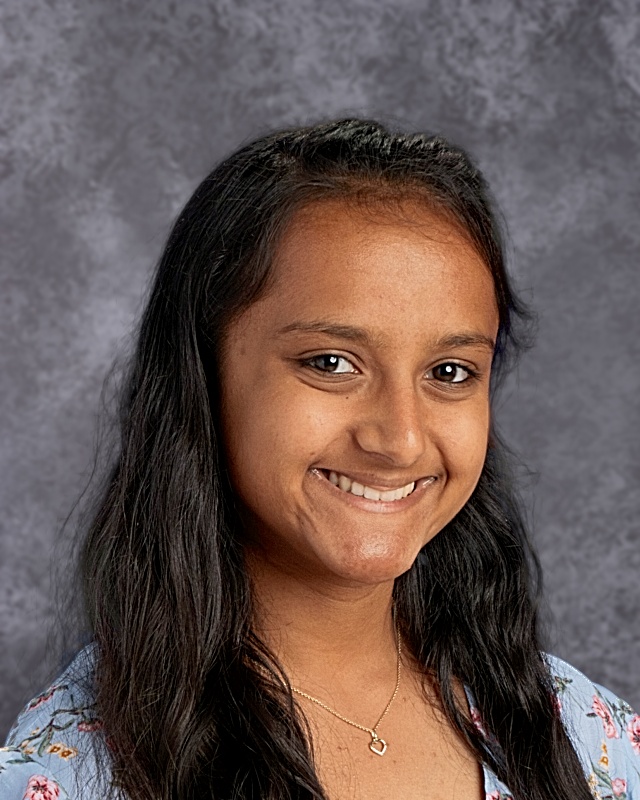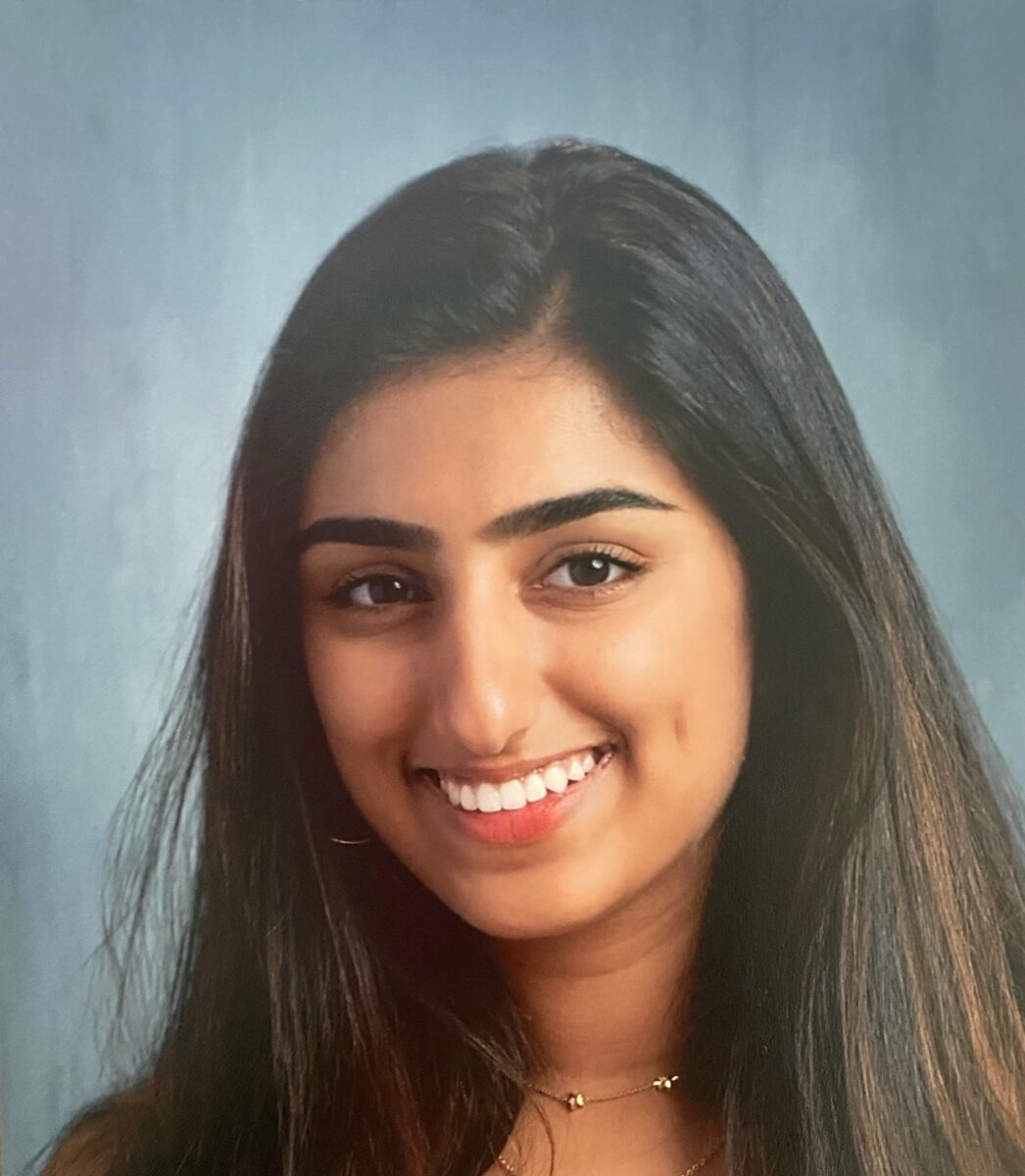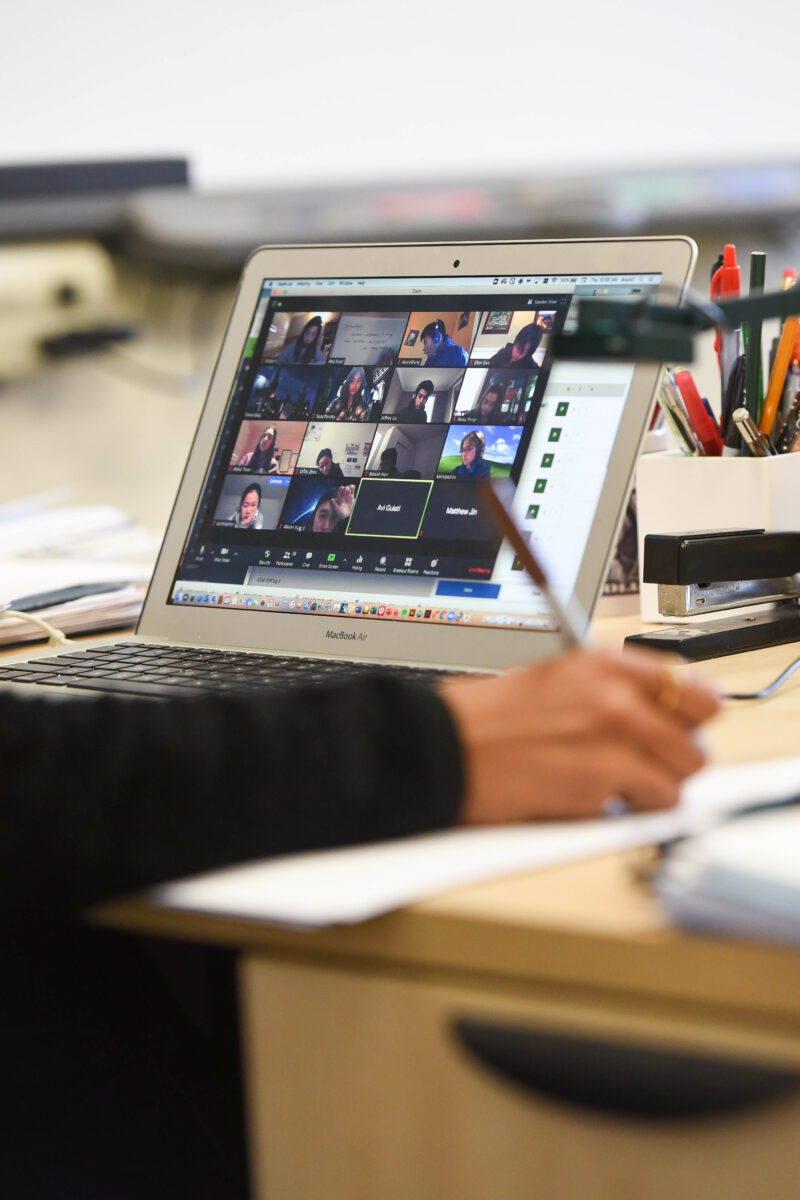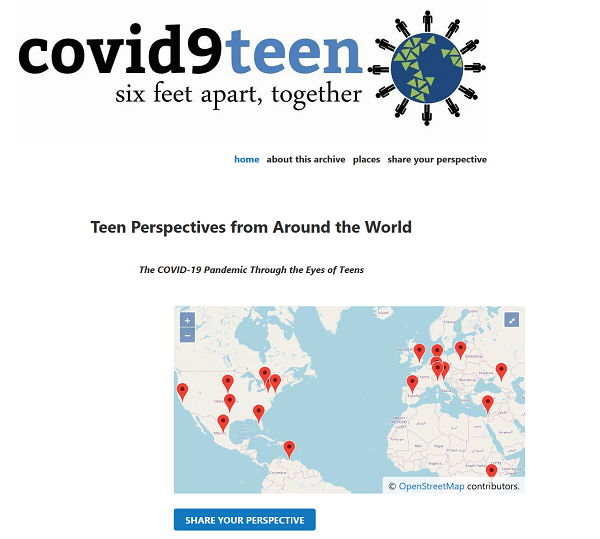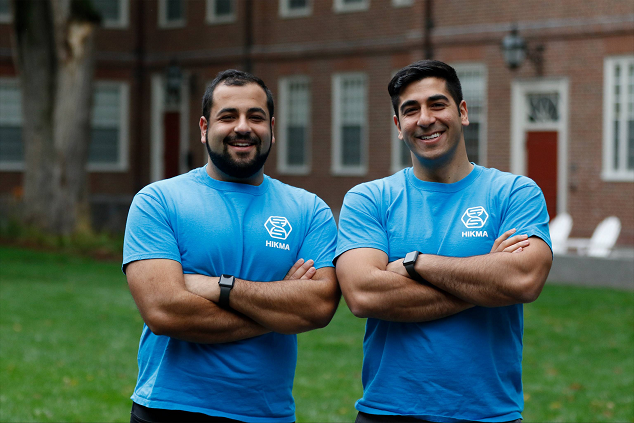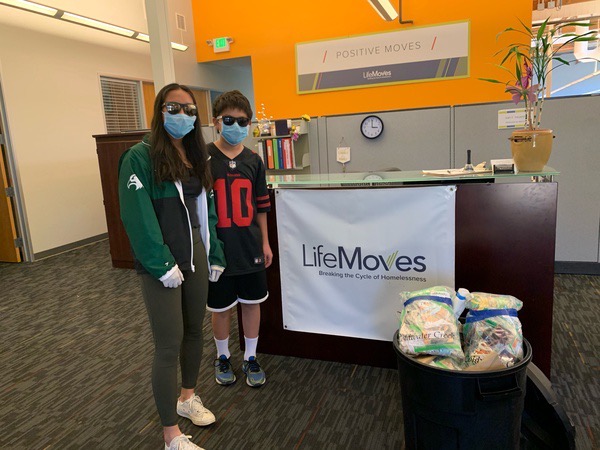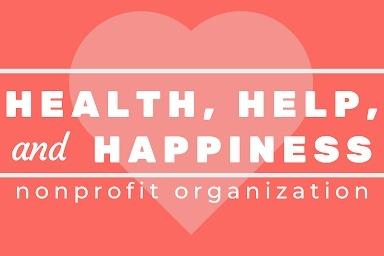Earlier this month, a group of Harker seniors published a website that tracks the rate of COVID-19 vaccination in the United States and the country’s progress toward herd immunity.
COVID-19
Senior research on low-cost masks published in peer-reviewed journal
Senior Hari Bhimaraju recently published a paper in the Biometrics & Biostatistics International Journal, a peer-reviewed journal specializing in biological sciences and public health.
Student work published in peer-reviewed health policy journal
Junior Riyaa Randhawa was recently published in the Milbank Quarterly, a peer-reviewed journal that covers health care policy.
Senior’s COVID-19 research published in peer-reviewed journal
Senior Shray Alag had his research published yesterday by PLOS One, an international peer-reviewed scientific journal.
Pandemic: Harker Responds
Student launches website for teens to share experiences during pandemic
Alumni brothers’ nonprofit develops tool to help refugees during pandemic
Earlier this month, brothers Hassaan and Senan Ebrahim — graduates of the Classes of 2011 and 2008, respectively — were featured in The Harvard Gazette for their work in helping Syrian refugees, in particular the software their organization developed specifically for the COVID-19 pandemic.
Upper school students produce 640 masks for local homeless population
Earlier this week, upper school students dropped off a donation of 640 homemade masks at the Bay Area-based organization LifeMoves, which provides temporary housing and assistance to the local homeless population.
Upper school students raising funds to help hungry families and small businesses
A group of Harker upper school has students launched a GoFundMe campaign last month to assist low-income families who are facing greater difficulties during the COVID-19 pandemic due to job loss.
